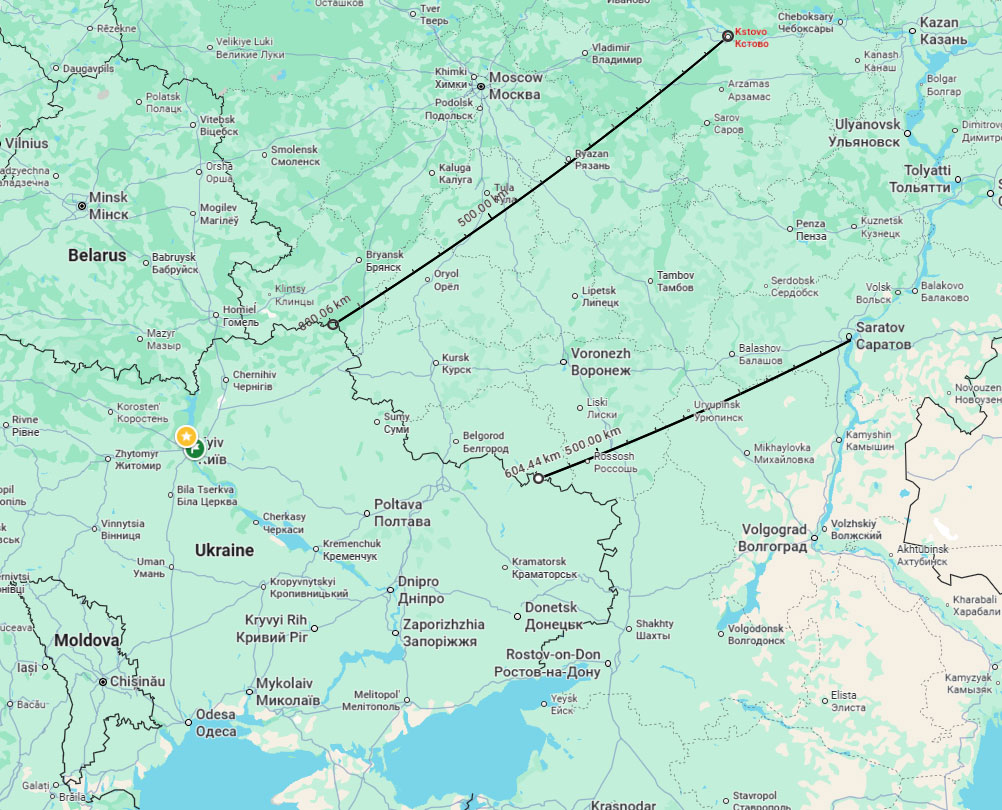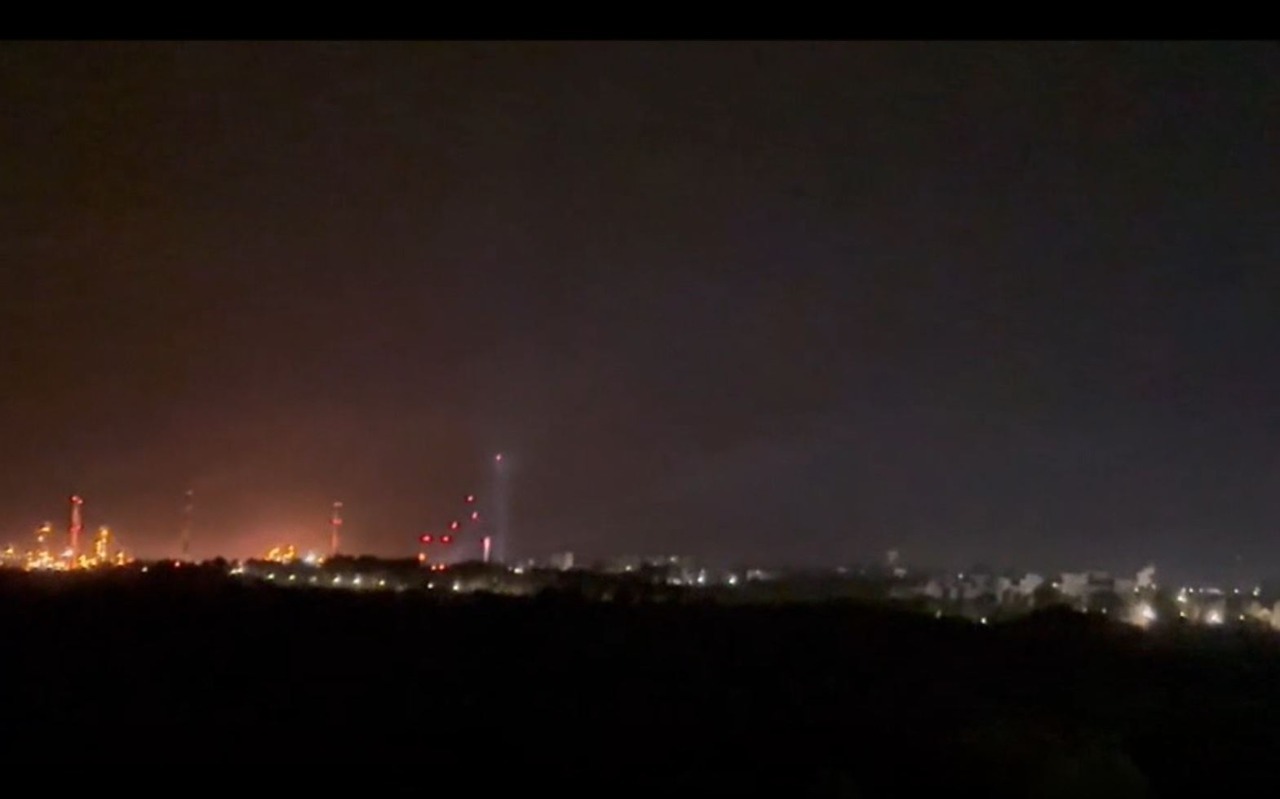Ukraine’s General Staff confirmed that special forces units struck the Saratov oil refinery overnight on 16 September. Explosions and fire were reportedly recorded at the site, a facility that plays a critical role in fueling Russia’s armed forces. At the same time, Ukrainian Telegram channels reported a possible hit on another Russian refinery in Kstovo, Nizhny Novgorod Oblast.
Strike on Saratov refinery
According to the General Staff, Ukrainian special operations forces, in coordination with other defense units, carried out the attack in Saratov Oblast. Explosions and a blaze were recorded near the refinery after the overnight strike. Officials said the full results of the attack are still being clarified.
The Saratov refinery produces more than 20 types of oil products, including gasoline, diesel, fuel oil, and various grades of bitumen. It also processes vacuum gas oil and technical sulfur. In 2023, the refinery’s output reached 4.8 million tons. Ukrainian authorities stressed that the facility has been directly involved in meeting the supply needs of Russia’s armed forces.
Euromaidan Press could not independently confirm the fire and damage to the refinery in Saratov.
Reported hit on Kstovo refinery
Ukrainian Telegram channels reported that another refinery in Russia may also have been hit. Telegram channel Supernova+ shared photos of a distant smoke and wrote that in Kstovo, Nizhny Novgorod Oblast, a refinery flare was burning more intensely due to an emergency pressure discharge following a strike.

The information has not been officially confirmed.

Part of wider Ukrainian campaign
This strike follows a pattern of Ukrainian attacks on Russian oil infrastructure.
- On 30 August, defense forces hit the Krasnodar and Syzran refineries.
- On 5 September, the General Staff confirmed hits on the Ryazan refinery.
- On 13 September, Ukrainian drones attacked the Bashneft-Novoil refinery in Ufa.
- On 14 September, a Ukrainian drone strike ignited a major fire at the Kirishi refinery near St Petersburg, forcing a key unit offline




